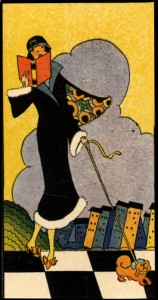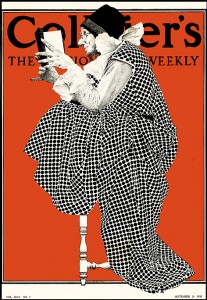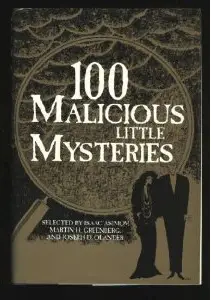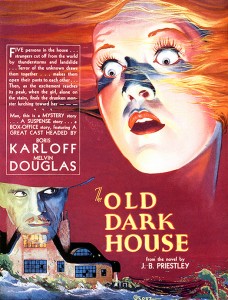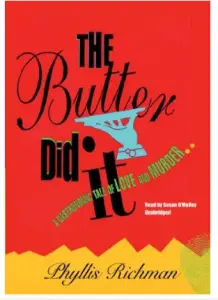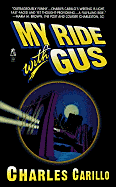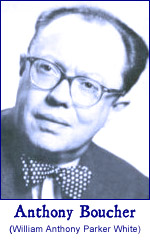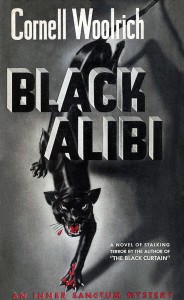 Black Alibi— Cornell Woolrich–1942–used
Black Alibi— Cornell Woolrich–1942–used
The Leopard Man played on Turner Classic Movies yesterday. It’s a must see, again, film. Atmospheric, and in some parts, downright suspenseful and terrifying, it cannot hold a reader’s breath, the way the original source does, Black Alibi. I’ve proclaimed it before, Cornell Woolrich in all his various nom de plumes is my favorite writer, period. Not just favorite crime writer, but writer, of fiction. Yes, that means I like his work more than Dickens, Hemingway, Fitzgerald, Poe, Collins, Steinbeck etc., ad nauseum. Is he a finer writer? By most standards, probably not. To mine, yes. Because he delivers life at its most frightening, vulnerable, frantic. Hysteria is never far from breaking out in little pustules–here and there–in one of his novels. Fear is attempted to be kept at bay, yet finds its insidious way back into a character’s life, sometimes as an expected guest, others as a stranger wreaking disaster. Black Alibi is a series of horrific events in separate stories, all part of the larger novel. It begins with U.S. citizens, Jerry Manning, and Kiki Walker finding small success in the South American city of Ciudad Real. Kiki is a headliner entertainer at a local club, and Jerry, her manager. He thinks up a wild idea for publicity, accent on wild. He convinces Kiki to lead a black jaguar into the club for shock and awe, which in turn shocks the jaguar to escape into the night in the city. Each subsequent chapter follows a young woman as she is stalked as prey by what appears to be the missing jaguar. And it’s within these stories Woolrich’s best work is revealed.

